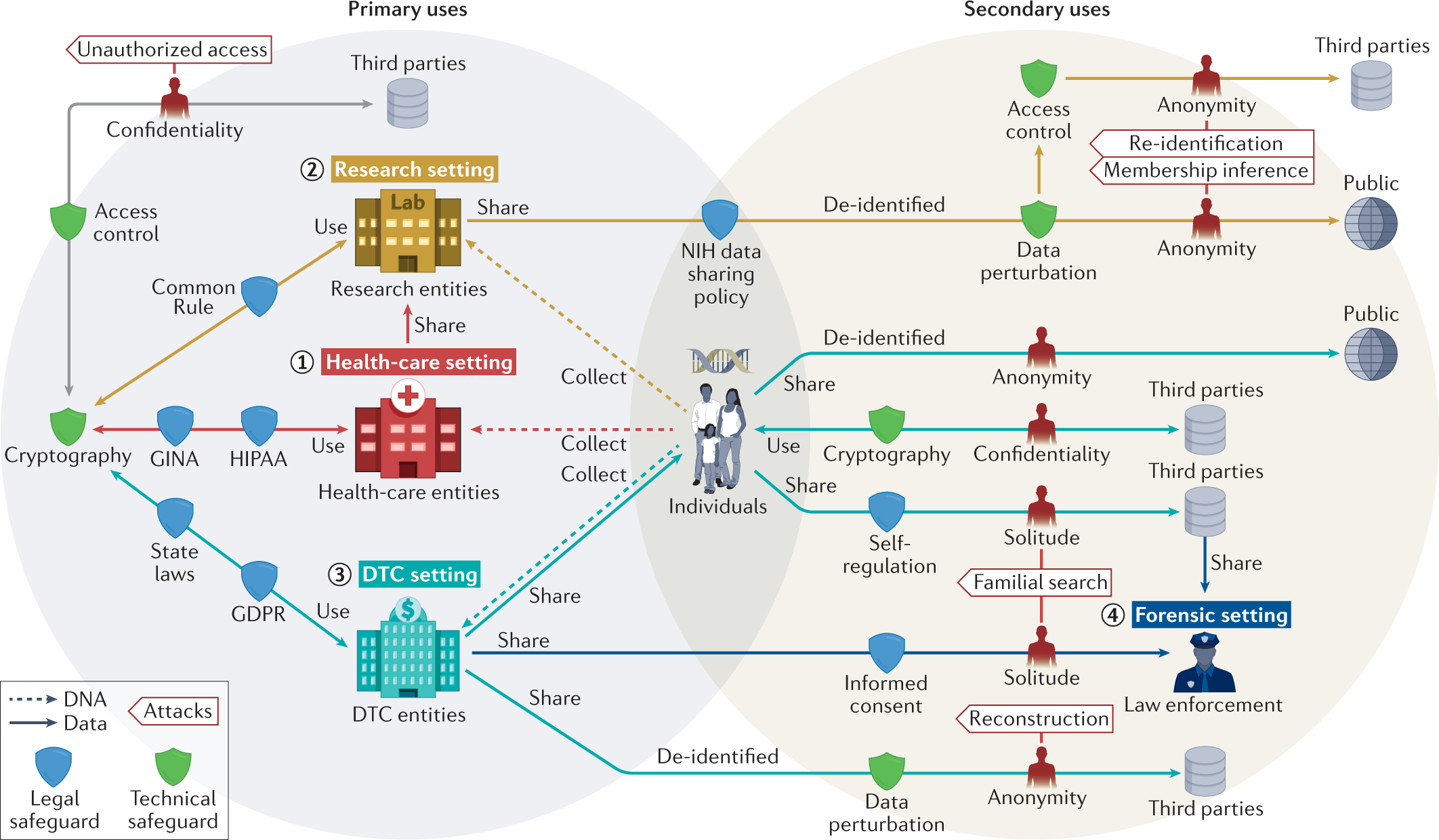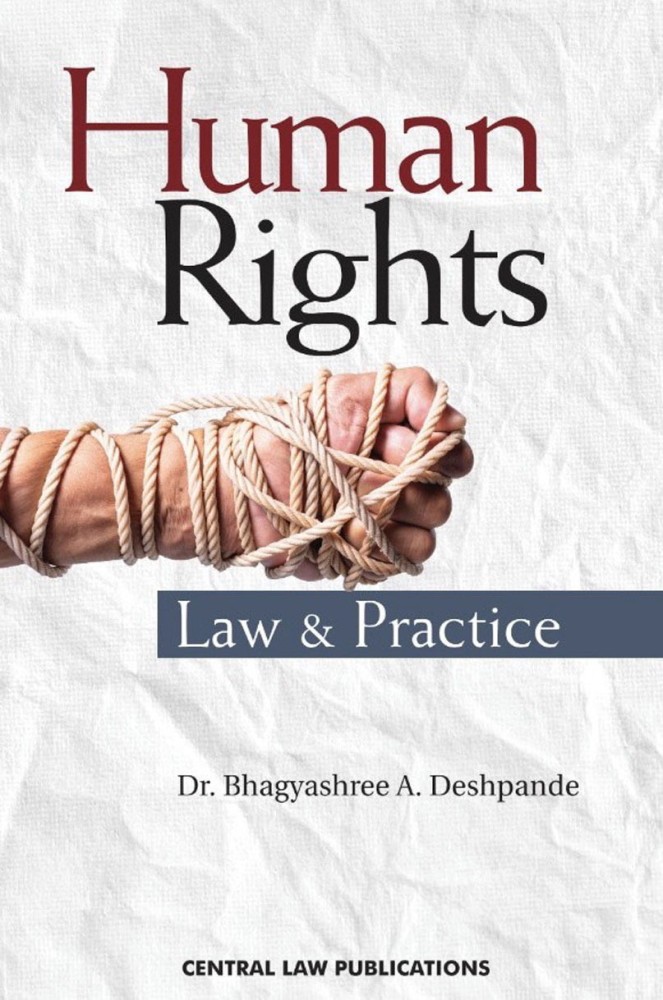Exploring the Realities of Human Rights Law
Human rights law stands as a beacon, championing the inherent dignity and equality of every individual. In this article, we delve into the complexities and significance of human rights law, examining its foundations, key principles, and the ongoing efforts to promote and protect fundamental freedoms.
Foundations of Human Rights Law
The foundations of human rights law are deeply rooted in the aftermath of World War II. The atrocities committed during the war underscored the need for an international legal framework that would safeguard individuals from egregious violations. The Universal Declaration of Human Rights, adopted in 1948, laid the groundwork for the principles that guide human rights law today.
Universal Declaration of Human Rights
The Universal Declaration of Human Rights (UDHR) remains a landmark document, articulating a set of fundamental rights and freedoms inherent to all human beings. It serves as a touchstone for subsequent international treaties and conventions, shaping the landscape of human rights law globally.
Core Principles Upheld by Human Rights Law
Human rights law operates on core principles that underpin its application. Equality, non-discrimination, and the universality of human rights are fundamental tenets. The principle of non-retrogression emphasizes that once achieved, human rights gains should not be reversed, creating a trajectory towards progress.
International Treaties and Covenants
International treaties and covenants provide the legal backbone for human rights protections. Treaties like the International Covenant on Civil and Political Rights (ICCPR) and the International Covenant on Economic, Social and Cultural Rights (ICESCR) translate the principles of the UDHR into legally binding obligations for states, fostering a commitment to human rights.
Role of Human Rights Institutions
The establishment of human rights institutions, both at the international and national levels, is crucial for the enforcement and protection of human rights. Bodies like the United Nations Human Rights Council and regional human rights courts play a pivotal role in adjudicating violations and holding states accountable.
Contemporary Human Rights Challenges
Despite progress, contemporary challenges persist in the realm of human rights. Issues such as systemic discrimination, refugee crises, and challenges to freedom of expression highlight the ongoing need for vigilance and advocacy. Human rights law continuously adapts to address emerging challenges in a dynamic global landscape.
Human Rights Law and Starmountain Resources
For those seeking a comprehensive understanding of human rights law, Starmountain Resources offers a valuable platform. Navigate the complexities of human rights principles, explore resources, and stay informed about the latest developments in the field. Visit Human Rights Law at Starmountain Resources for a deeper insight into this critical aspect of global justice.
Role of Civil Society and Advocacy
Civil society plays a crucial role in advancing human rights. Non-governmental organizations, activists, and advocates contribute significantly to raising awareness, holding governments accountable, and promoting the implementation of human rights standards. Grassroots movements amplify the collective voice demanding justice and equality.
Human Rights Education and Empowerment
Educating individuals about their rights is fundamental to the effectiveness of human rights law. Empowered individuals are better equipped to challenge injustices and contribute to a culture of respect for human rights. Human rights education fosters a sense of responsibility and solidarity within communities.
The Future of Human Rights Law
As we navigate the complexities of the 21st century, the future of human rights law holds both challenges and opportunities. Emerging issues such as the impact of technology on privacy and the intersectionality of rights require continuous adaptation. Human rights law remains a dynamic force, evolving to address the ever-changing landscape of global justice.
In conclusion, human rights law stands as a cornerstone in the pursuit of a just and equal world. Its foundations, core principles, and ongoing efforts to address contemporary challenges contribute to the advancement of human dignity. Starmountain Resources provides a valuable resource for those seeking to explore the multifaceted realm of human rights law.










